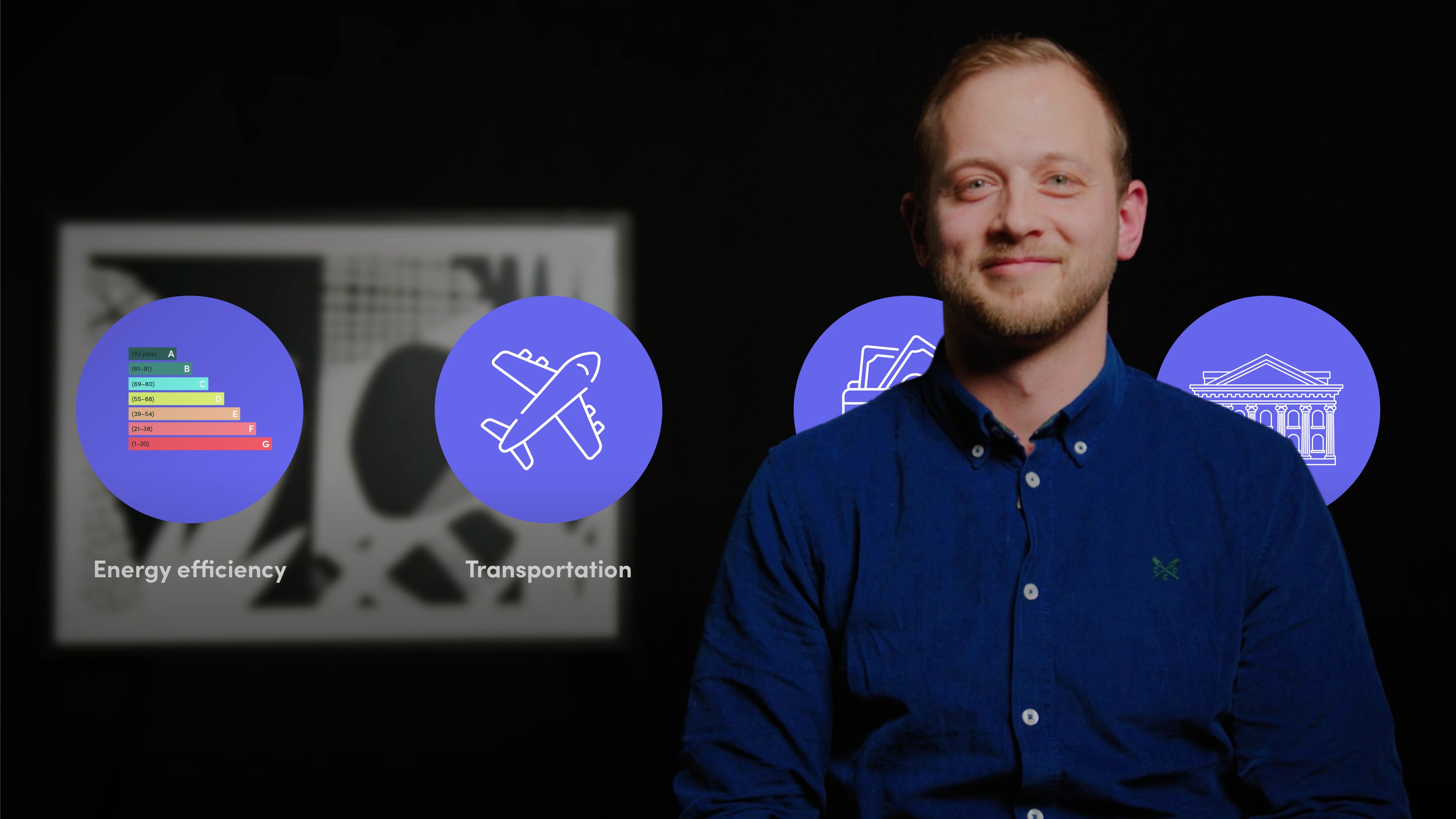
Individual Carbon Footprints

Sam Hope
5 years: Carbon Markets
The global average carbon footprint is 4.69 tonnes per person, per year. And we need to get it down to zero. Join Sam Hope as he explores the individual carbon footprint.
The global average carbon footprint is 4.69 tonnes per person, per year. And we need to get it down to zero. Join Sam Hope as he explores the individual carbon footprint.
Subscribe to watch
Access this and all of the content on our platform by signing up for a 7-day free trial.

Individual Carbon Footprints
5 mins 4 secs
Key learning objectives:
Define carbon footprints
Outline how you can reduce your carbon footprint
Overview:
A carbon footprint is the total amount of greenhouse gas emissions caused by a person or company, directly or indirectly. While popularised by fossil fuels companies (who share the vast bulk of culpability), the fact remains that human activity is the cause of climate change. To reduce your carbon footprint there are four main areas of focus: energy efficiency, transportation, spending habits and investments.
Subscribe to watch
Access this and all of the content on our platform by signing up for a 7-day free trial.
What is a carbon footprint?
A carbon footprint is the total amount of greenhouse gas emissions caused by a person or company, directly or indirectly.
Why is it important to understand carbon footprints?
While the concept came around in the early 90s and was popularised by fossil fuels companies for disingenuous reasons, the fact remains that human activity is the cause of climate change. Instead of waiting for these players to slowly move from fossil fuels to renewable energy, we can accelerate this transition and reduce our collective annual greenhouse gas emissions.
What areas should we focus on to reduce our carbon footprint?
1. Energy efficiency
Energy efficiency refers to retrofitting your home and improving your energy consumption habits. For example, further insulating your home, switching heating systems and upgrading electrical infrastructure.
2. Transportation
Transportation reductions can be made by switching to a hybrid or electric vehicle, changing commutes to include public transport, reducing air travel, and walking and cycling more.
3. Spending habits
Spending habits can be divided into two sub categories – food and goods. Reducing meat consumption, buying seasonally and locally can have a big influence on your emissions through supply chain impacts. With goods, the emissions related to the production and distribution of the goods could vary drastically depending on where they are produced.
4. Investments
Where you choose to save and invest your money is vital. Many banks, pensions and investment portfolios still invest in fossil fuels, industrial industries and intensive agriculture. Investigate greener options and let your money do the talking.
Subscribe to watch
Access this and all of the content on our platform by signing up for a 7-day free trial.

Sam Hope
There are no available Videos from "Sam Hope"





























